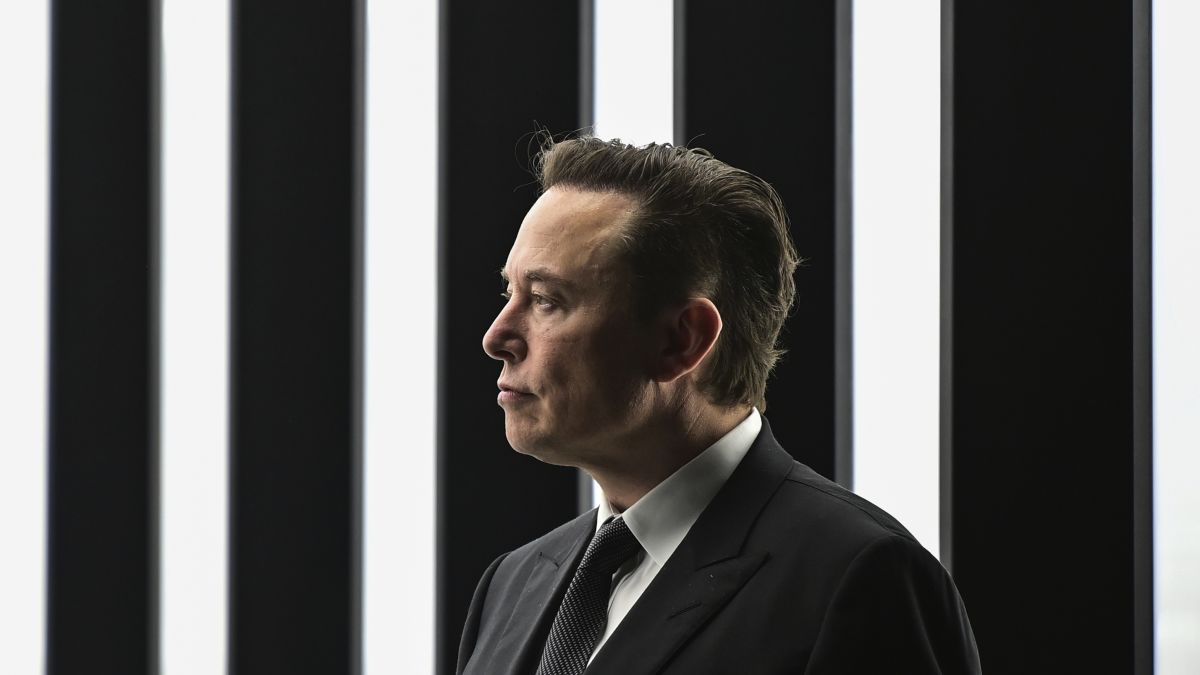Tesla CEO and richest man in the world, Elon Musk, caught attention around the world after hinting Twitter could potentially come under new ownership.
On Thursday, April 14, Musk offered to buy the social media platform, Twitter, after purchasing a 9.2% stake in the company. Musk purchased enough stake to qualify him for a seat on Twitter’s board of directors, but refused the seat, instead offering a whopping $43 billion for ownership of the company.
Musk has cited his concern with Twitter many times and rightfully so, due to its gray area “Twitter Rules” to its downright censorship/loose-basis-banning of accounts on the platform. Elon Musk has also expressed advocacy for absolute free speech, echoing the fundamental beliefs of the U.S. Founding Fathers—free speech as the basis of a free government.
According to an Associated Press article published on April 14, Musk said Twitter “needs to be transformed as a private company,” because he believes “free speech is a societal imperative for a functioning democracy.”
In the same article, Musk said Twitter “will neither thrive nor serve this societal imperative in its current form.” Given Twitter’s recent actions regarding censorship of certain political media accounts, some may find it hard to not agree with Musk. Twitter has been known to show blatant disregard for certain political opinions, especially opinions which go against what Twitter considers to be “normal” or “right.”
Musk, like many other users, have voiced their opinion on the irony and hypocritical nature of Twitter’s censorship. Censorship on the platform is seen as a dangerous move, especially for a social media platform whose main focus is on expressing one’s self and opinions.
However, the takeover bid for Twitter’s CEO position has brought to the table Twitter’s former actions and talk of bias accusations. Users point to Twitter’s more popular action of censoring former President Donald Trump, as well as the suspension of political satire company, the Babylon Bee.
Instances like these have caused users to debate how the Constitutional principle of free speech absolutism applies to private companies like Twitter; how best can the Constitution be applied to private companies’ rights. Such questions have caused thousands, if not millions, to rally behind Elon Musk’s CEO bid promising to make Twitter less regulated, a welcome gesture in the age of cancel culture and censorship of political dissent.
Unfortunately, Twitter’s current board of directors seems to have thrown a possible wrench in Musk’s offer. The board and current CEO Parag Agrawal, decided to adopt a “poison pill” plan. This serves as a limited-time shareholder rights plan, essentially preventing a company from any sort of offer for a shareholder takeover or takeover offer, according to an article published on April 16 by the Washington Examiner.
Elon Musk’s promise to make Twitter adhere to more free speech principles like a Democratic-Republic could quite possibly make Musk the first pioneer in the battle against Big Tech monopolies.











Be First to Comment